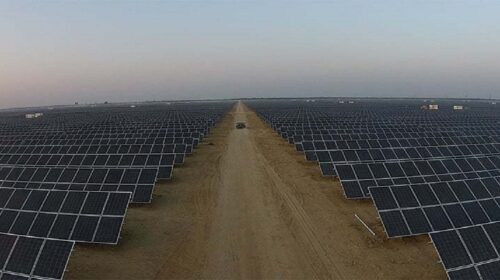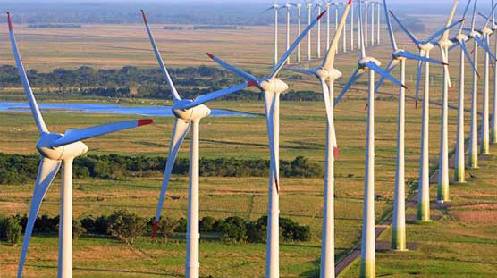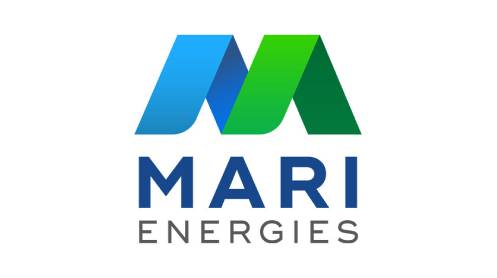The government Wednesday unveiled its policy on fast-track development of solar PV projects at an investors’ conference to offer projects of 600 MW.
The salient features of the policy are: (i) single stage, two-envelope bidding; (ii) straight line tariff; (iii) 70 percent indexation of tariff; (iv) benchmark tariff by Nepra; (v) guaranteed purchase of power; (vi) land and interconnection to be provided by GoP; (vii) exemption on all import related duties and taxes; (viii) existing EPA & IA will be used; (ix) Commercial Operation Date (COD) within 12 months of Energy Purchase Agreement (EPA); (x) term-25 years on BOOT basis; (xi) 11.15 percent income tax; and (xii) payment guaranteed on 60th day after invoice through bank default.
Security documents are included in GoP Implementation Agreement (IA), principal concession agreement, and backstops of all contractual obligations of public sector entities covers all fiscal and financial incentives, force majeure and change on law protections etc.
Energy Purchase Agreement is the pivotal commercial document that sets out the terms and conditions of sale and purchase of electric power between seller and buyer including testing and commissioning, payment mechanism, delays and default provisions, dispute resolution, etc.
Former prime minister Shahid Khaqan Abbasi, Chairman Prime Minister’s Task Force on Solar Energy Initiatives, Minister for Power, Khurram Dastgir Khan and Secretary Power, Rashid Mahmood Langrial and others addressed the conference and shared details of solar initiatives.
Renewable energy: PM speaks about its criticality, advocates higher investment
Shahid Khaqan Abbasi, in his address said that Pakistan’s power sector has substantial losses which the government is trying to fix this issue. He said, the government will provide land, interconnection and purchase all the kilowatt hours to be produced by the companies, adding that payments will be made in 60 days’ period. He hoped there would be no disputes on the issues to come up and this would not be part of circular debt but rather help in the resolution of circular debt issue.
“We believe this would be very lucrative opportunity for the investors to come in and invest in these solar projects,” he added.
Abbasi maintained that if investors do not agree with the incentives and other proposals these can be reviewed.
“We are also targeting one megawatt generation directly to 11 kV feeders totaling to 2,000 MW to be directly supplied to Discos. The government is also targeting solarization of 2,000 MW for government buildings,” he said, adding that both the government and private sector will invest in this scheme.
He urged investors to come forward and invest in 600 MW solar plants near 220 kV and 500 kV transmission lines.
Tanveer Barry, Chairman public sector KCCI said that the government has taken a good decision regarding solar energy and suggested that the government should also focus on wind energy in Sindh coastal areas – areas that are suitable for wind energy & can produce thousands of megawatts.
Local as well as foreign investors raised different queries about the solar initiatives with the intention to invest in renewable energy projects.





